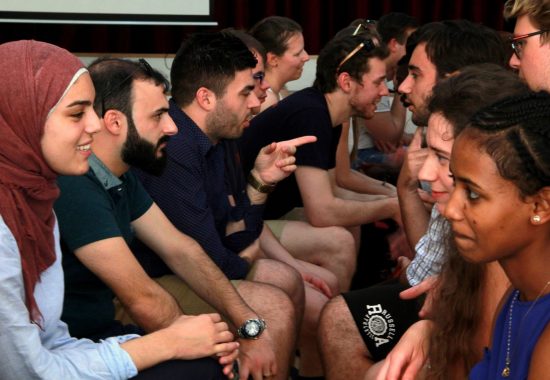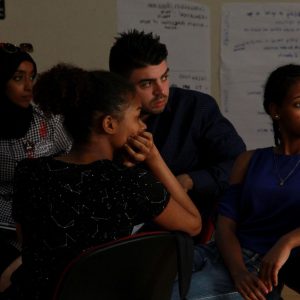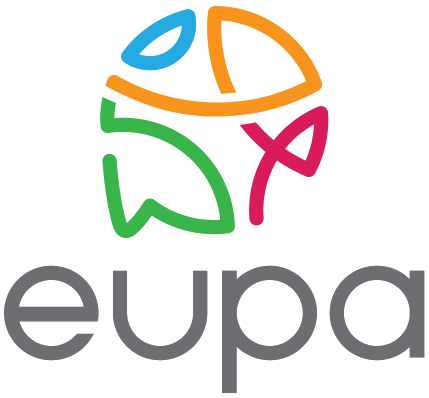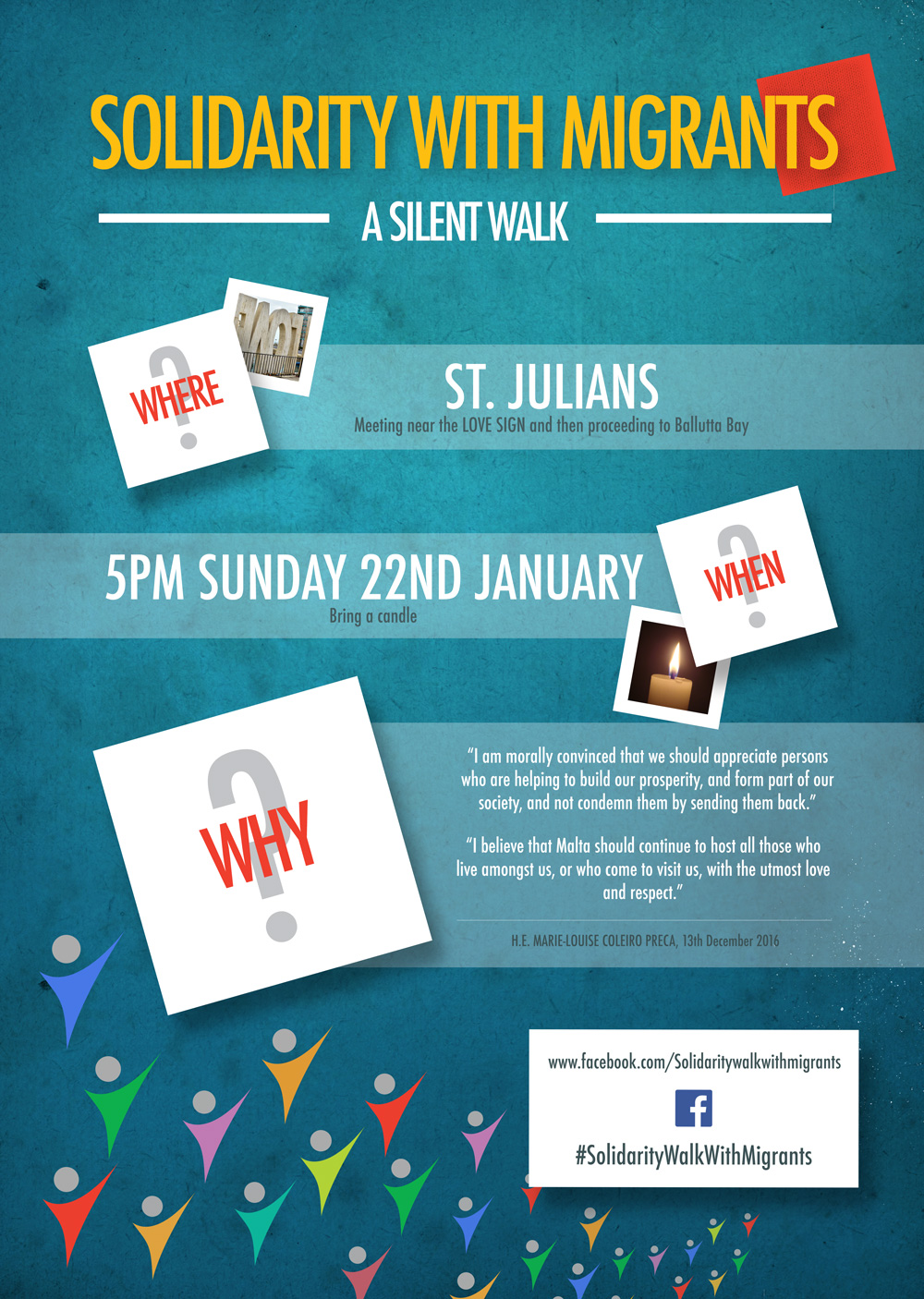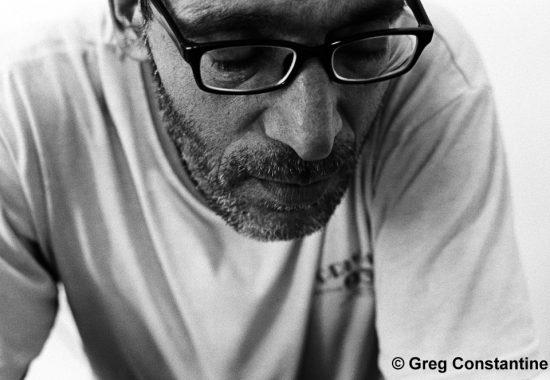The FAIR project (Fostering Access to justice for Immigrant children’s Rights) was a two-year long project, which aimed at strengthening access to justice for migrant children in the EU. Migrant children in the EU face violations of their human rights every day. Lack of access to their families, to information, guardians and legal assistance, lack of access to housing or education, unlawful detention – are few examples of what the children suffer.
The results of the project are a number of practical training modules and learning tools to support lawyers in defending migrant children’s rights:
The materials include the following training modules:
0. Guiding principles and definitions,
I. Access to fair procedures including the right to be heard and to participate in proceedings,
II. Access to justice in detention,
III. Access to justice for economic, social and cultural rights,
IV. Access to justice in the protection of their right to private and family life,
V. Redress through international human rights bodies and mechanisms,
VI. Practical handbook for lawyers when representing a child.
These materials have been used in national trainings for lawyers organised by the ICJ-EI in Spain, Italy, Greece, Malta, Bulgaria, Ireland and Germany and include also practical training tools, such as case studies and warm-up questionnaires to guide possible future trainings.
Timeframe:
1 March 2016 – 1 March 2018
Project Partners:
International Commission of Jurists – European Institutions (Lead Partner), Greek Council for Refugees (GCR) (EL), aditus foundation (MT), Fundacion Raices (ES), Bundesfachverband Unbegleitete Minderjährige Flüchtlinge e.V. (B-UMF) (DE), Legal Clinic for Immigrant and Refugees (LCIR) (BG), Immigrant Council of Ireland (ICI) (IR), Scuola Superiore Sant’Anna (SSSA).
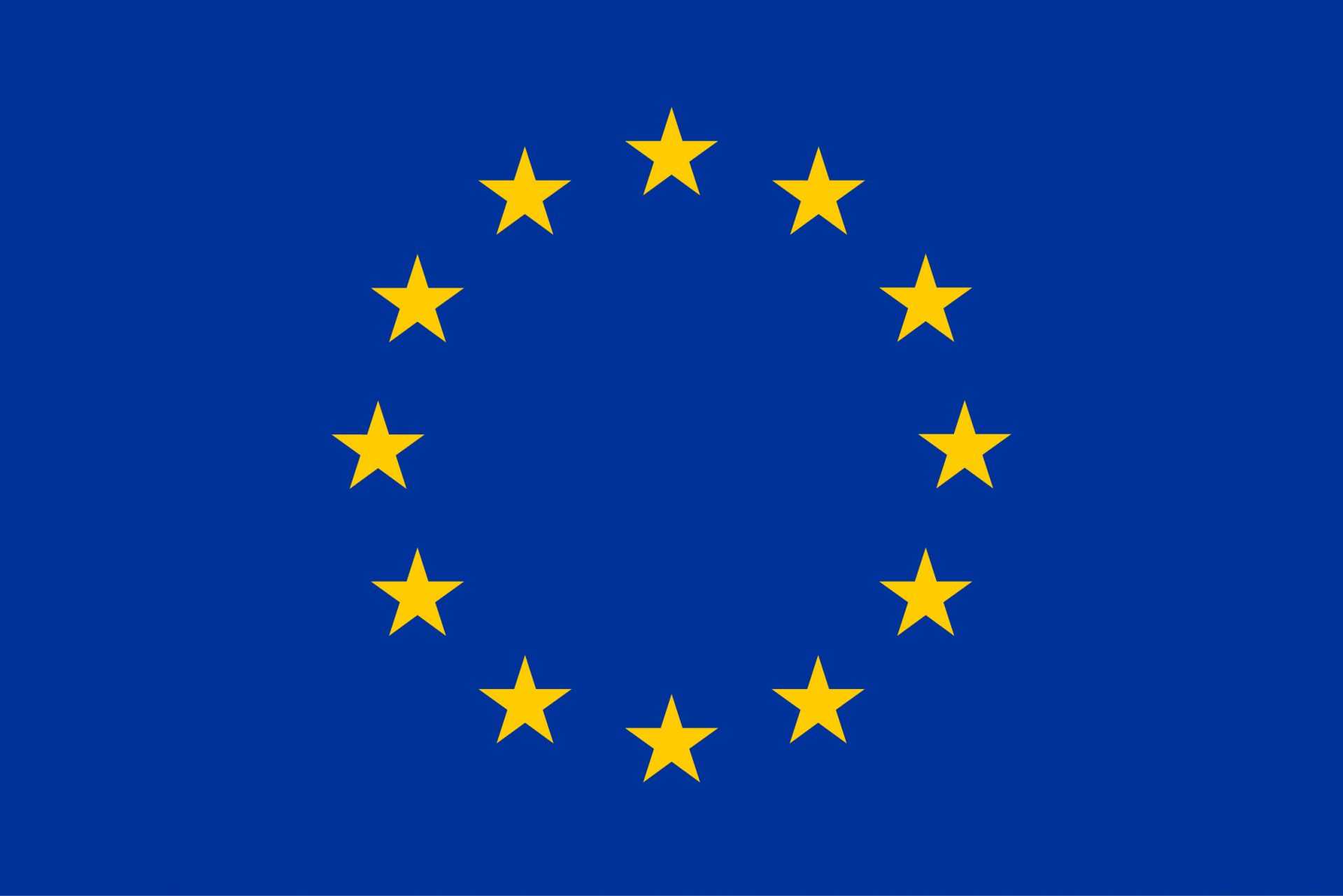
Co-funded by the Rights, Equality and Citizenship (REC) Programme of the European Union.
Co-funded by the Rights, Equality and Citizenship (REC) Programme of the European Union and the Open Society Institute Budapest Foundation, and implemented in cooperation with the AIRE Center, Child Rights Connect, and the Associazione per gli Studi Giuridici sull’Immigrazione (ASGI) (Italy).

